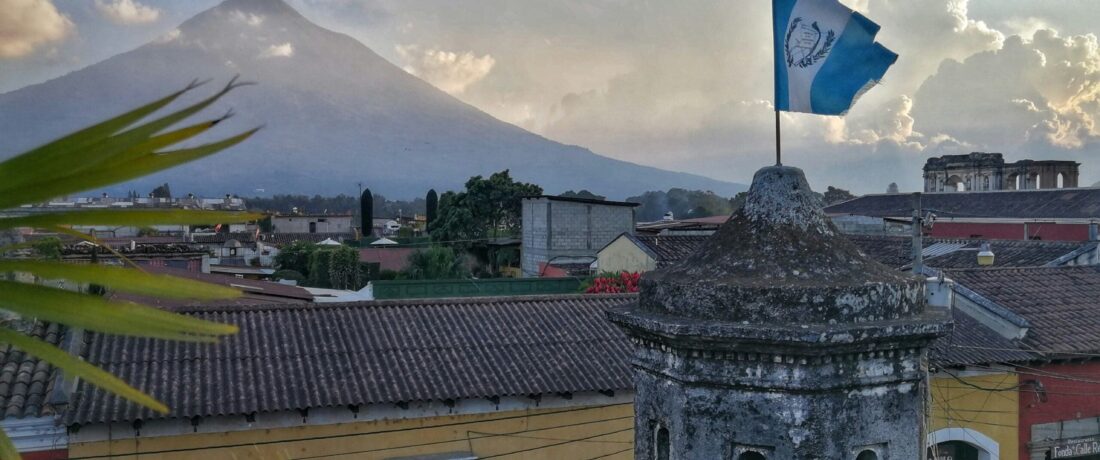Theraputic Massage in Lake Atitlan Resort
Pamper yourself with a theraputic massage at Los Elementos Day Spa. Enjoy a massage with th...
I’ve called Lake Atitlán home for over 20 years, and in that time, I’ve come to appreciate the vibrant mix of tradition, culture, and breathtaking nature that Guatemala has to offer. Imagine colorful local markets where fresh produce piles high and the scent of herbs lingers in the air, the gentle mist drifting over the deep blue waters of Lake Atitlán at dawn, and the smoky aroma of tortillas grilling on open fires in highland villages.
If you’re planning a trip to this captivating country, it’s important to be prepared. Based on information obtained in November 2024 from official government sources, particularly for travelers from America, there are several travel requirements to understand before arriving—entry and exit formalities, necessary travel documents, important health and safety pointers, as well as insider tips on local customs and etiquette.
First, let’s talk about the essentials of traveling to Guatemala. Knowing what documents you need and understanding the entry procedures are crucial to a stress-free journey. This section provides a detailed breakdown of everything you'll need to enter and leave Guatemala smoothly, ensuring you can focus on enjoying your adventure.
Traveling to Guatemala is straightforward if you have the right documents on hand. To enter, you will need a valid passport. It’s important to ensure your passport has at least two blank pages available for entry and exit stamps. Unlike many other destinations, Guatemala does not require a minimum validity period for U.S. passports—so as long as your passport is valid, you’re good to go.
For U.S. citizens, no visa is required for entry, and visitors are granted a stay of up to 90 days. However, these requirements can vary depending on your nationality, so it’s wise to confirm with your country's official government website or contact the Guatemalan embassy in your region.
Some airlines may ask passengers to fill out an electronic Guatemalan immigration form before check-in. While this form can be filled out in English, note that certain dropdown menu items—such as "United States"—are listed as "Estados Unidos." A little preparation goes a long way in avoiding unnecessary hassle at the airport.
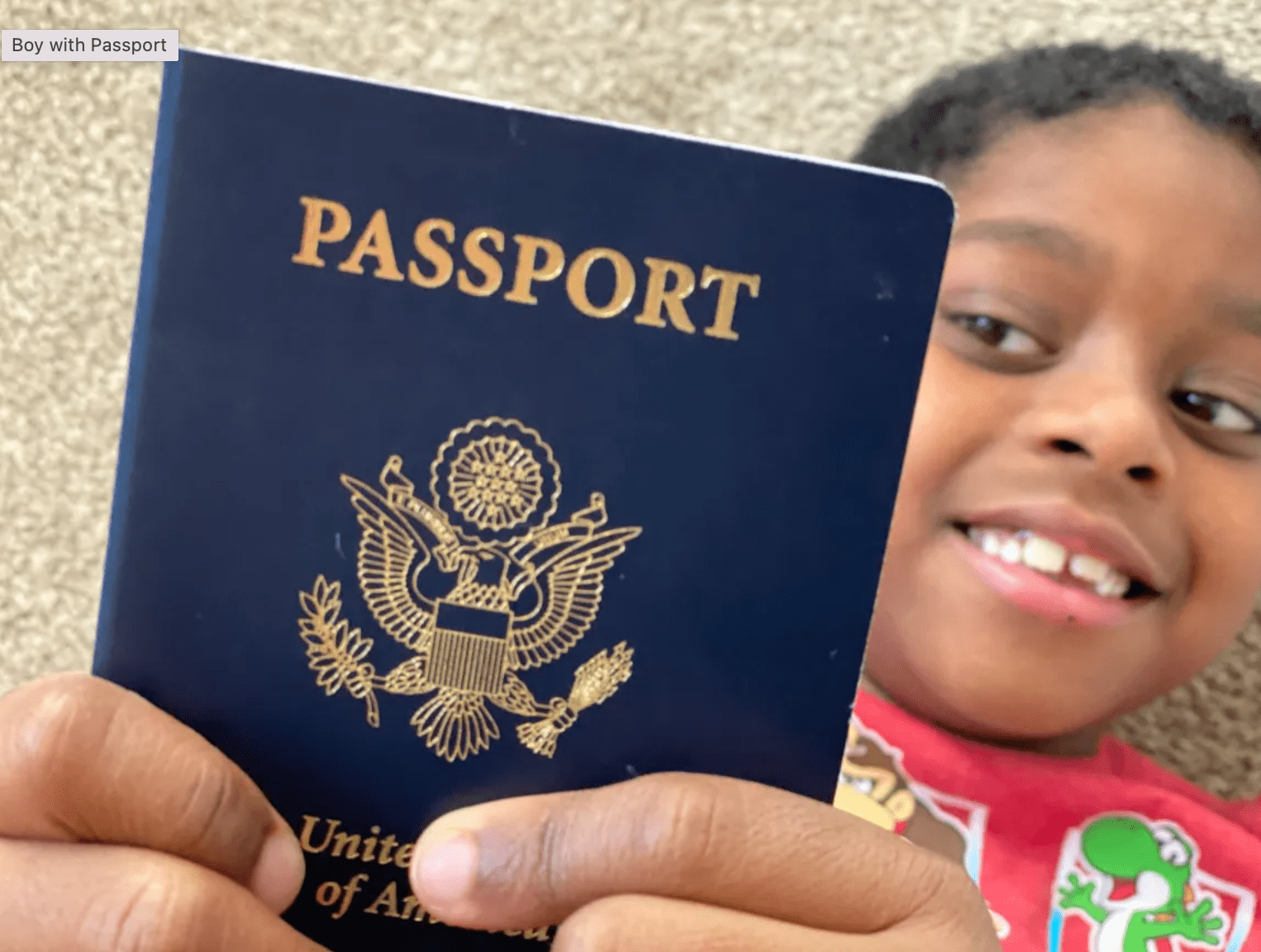
Upon arrival in Guatemala, obtaining an entry stamp in your passport is a must. Whether you arrive by land, air, or sea, this entry stamp acts as official proof that you have entered the country legally. Authorities may request to see this stamp during your travels within Guatemala, so it’s important to make sure you receive it.
When it comes time to leave Guatemala, there are a few formalities to keep in mind. First, you’ll need to pay an airport departure tax, which is typically around $30. You can pay this fee in either U.S. dollars or Guatemalan quetzales. Additionally, travelers are required to complete an electronic declaration form before both arrival and departure. Completing these requirements ahead of time will save you time and stress at the airport, ensuring your travel experience is as smooth as possible.
It’s also important to be aware of the procedures if something goes awry with your documents. If your passport is lost or stolen during your stay in Guatemala, you’ll need to obtain a new one from the U.S. Embassy. To depart the country, you must present your new passport along with a report of the loss or theft—which can be obtained from the police or Ministerio Público—to the Guatemalan Immigration Agency.
If you overstay your 90-day authorized period, note that a fine of 15 Guatemalan quetzals (approximately $2 USD) per day will be imposed. This fine must be paid before you can depart the country. While this fee is not exorbitant, adhering to the initial visa period can save you from the hassle of dealing with fines and additional paperwork.
For the most current information regarding visas, entry regulations, and any special considerations, it’s always best to consult the Ministry of Foreign Affairs website or contact the Guatemalan Embassy.
Boulevard Austriaco 11-51, Zone 16 Guatemala City, Guatemala Telephone: +(502) 2354-0000 Emergency After-Hours Telephone: +(502) 2354-0000 AmCitsGuatemala@state.gov
Travel vaccinations are not a legal requirement for entering Guatemala; however, you may want to consider getting vaccinated for Yellow Fever if you plan to travel to other parts of Central or South America where it is present, even though it is not particularly an issue in Guatemala.
Guatemala is home to mosquitoes that may transmit diseases such as malaria, dengue fever, and Zika virus. To protect yourself from mosquito bites, use insect repellent containing DEET, wear long sleeves and pants, and sleep under mosquito nets, especially in areas with known mosquito activity.
Stray dogs and cats are common in both urban and rural areas of Guatemala. While many of these animals are friendly, some street dogs may carry rabies. Avoid approaching stray animals, especially if they appear sick or injured, and consider carrying a small first aid kit with supplies to treat minor scratches or bites.
Guatemala City is known for being the 'dangerous' part of Guatemala, but it has a lot to offer, from rich history to vibrant nightlife. It's wise to exercise a higher degree of caution here. Like in any major city, keep an eye on your belongings, avoid less-traveled areas especially after dark, and use reputable transportation options. Stick to well-known tourist spots and consider traveling in groups if possible.
To make the most of your time in Guatemala and ensure a seamless travel experience, it's wise to book tours and activities in advance. By doing so, you can rest assured that you're in safe hands and have everything planned out, allowing you to focus on enjoying your adventure to the fullest.
Kayak Guatemala is Lake Atitlan’s #1 base camp for exploration and adventure, offering activities like epic volcano hikes, family kayak tours, cooking classes, and village-to-village boat and walking tours. We employ and upskill local people, plus a portion of our profits goes towards an NGO that works hard to alleviate poverty in Lake Atitlan.
Check out our full range of tours here.
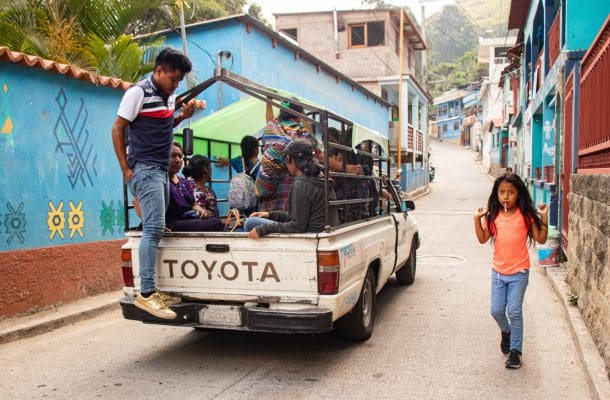
While Guatemala is known for its stunning natural scenery, it’s also a country where respect for customs is key. Customs authorities can enforce strict rules regarding the import or export of certain items like antiquities or cultural artifacts, so avoid purchasing anything that may be considered part of Guatemala’s cultural heritage without proper permits.
Photography is another area to be cautious about. It’s illegal to photograph certain government buildings and military sites. Always ask for permission before taking photos of people, particularly in Indigenous communities. Respect for local laws and customs will enhance your experience and help ensure that your time in Guatemala is positive for both you and the locals you meet.
Whether using local public buses or hotel taxis, always follow the advice of your host or hotel—they can offer the best guidance on what transport options are safest. The Guatemalan Tourist Institute often issues tips and guides, which can be a valuable resource for visitors.
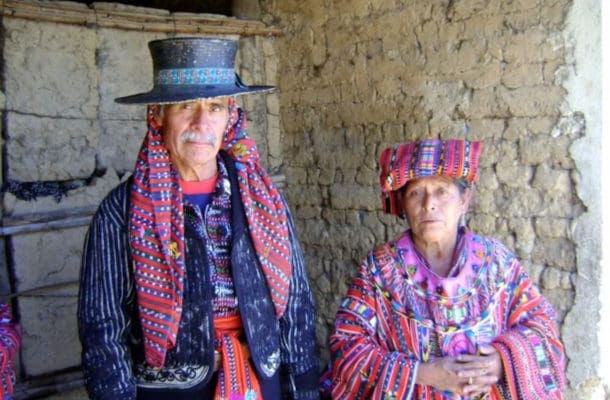
Antigua—the cultural heart of the country—is full of beauty and is the first stop for most travelers. This city carries with it many different, deeply-held customs, and respecting local culture is paramount. You’ll notice the rhythms of daily life that are sometimes fast-paced and sometimes surprisingly laid-back.
Outside of Antigua, areas like Lake Atitlán and the highlands offer quieter, more culturally immersive experiences. Remember to be respectful in Indigenous areas—greetings are often exchanged with a smile, and showing an interest in local customs goes a long way toward making meaningful connections with people. The warmth of the local people here is something that travelers often cherish as much as the beauty of the landscapes.
Each of the tiny villages along the lake shore has something unique to offer, so make sure to explore them with a day tour or work it into your travel plan to check them out on your own. A cultural tour of Lake Atitlán can provide you with unique experiences learning about Mayan traditions- ancient weaving techniques in San Juan, Mayan cooking classes in Santa Cruz, or ceramic workshops in San Antonio Palopó.Alternatively, this full-day trip of Lake Atitlan takes you from one end of the lake to the other by boat with an English-speaking guide and walking tours in each village.
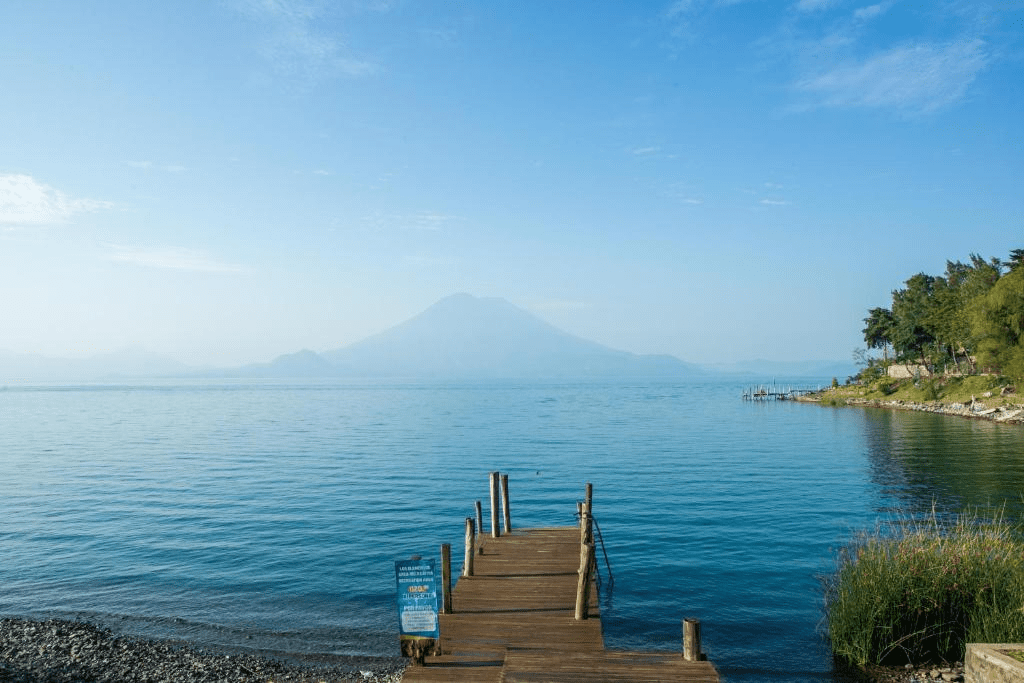
IMPORTANT TIP #1: While exploring the villages around Lake Atitlan is a must, it's crucial to be mindful of the boat schedules, especially if you plan to venture out late into the evening. Boats typically cease operating around 7pm, so it's advisable not to linger too late in another village to avoid the risk of getting stranded without transportation back to your accommodation.
IMPORTANT TIP #2: The smaller towns in Lake Atitlan sometimes don't have ATMs, at the same time, a lot of restaurants and places won't accept card. For this reason, it's important to always carry cash.
Lee Beal, a lifelong adventurer, moved to Guatemala in 2005 with his wife Elaine to start Kayak Guatemala, sharing their passion for exploration. Originally from the Rocky Mountains of Colorado, Lee brings decades of experience in rafting, hiking, biking, rock climbing, and team building. His love for taking the road less traveled shines through in every adventure he leads, offering expertise and enthusiasm to each Kayak Guatemala experience.
When we established Kayak Guatemala in Lake Atitlán in 2007, kayaking was our first love. Fast forward 16 years, and today we offer a range of adventure tours and cultural experiences in Lake Atitlán and beyond. Whether you’re interested in kayaking across the serene waters of the lake or hiking up one of the nearby volcanoes, we’re here to make your Guatemalan adventure unforgettable.
For help with planning your trip to Lake Atitlan, check out our "Top Tours & Things To Do In Lake Atitlan" guide or our Guatemala 7-day itinerary for families.
